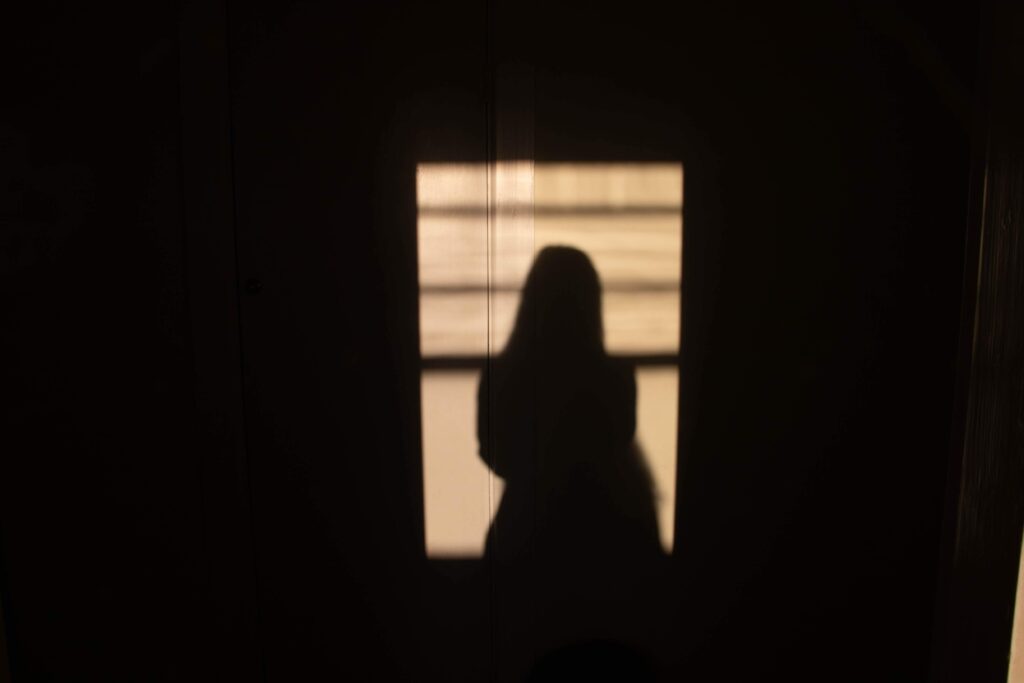Can women recite the mourner’s kaddish in Orthodox synagogues? Why would women want to perform this mitzvah? All of us will be blessed if, after we die, someone will lovingly remember us by reciting the hauntingly beautiful mourner’s kaddish. Initially, kaddish was not recited for mourners, but was recited in the Temple, following the study of Torah or a scholarly lecture. The recitation of kaddish to honor the dead is a relatively late phenomenon. Legend has it that Rabbi Akiva encouraged one of his students who was grieving over the death of his errant father to recite parts of the kaddish to redeem his father’s soul. Beginning in the sixth century, kaddish was recited at the funerals of scholars. Later, so as not to bring shame on those who were less learned, the kaddish was recited for all. Finally, in the thirteenth century, the mourner’s kaddish became an established part of Jewish ritual.
The moving Aramaic words, which praise God, and, surprisingly, abstain from all mention of death, were traditionally recited by a male in the presence of a minyan. Young boys, even before the age of Bar Mitzvah, were also expected to recite the kaddish. The recitation of the kaddish was considered so important for the memory of the dead that young boys in Eastern Europe came to be known as “kaddishls.”
Halachically, women are exempt from the obligation to recite the kaddish. One explanation for the exemption of women draws on the fact that women are exempt from all time-bound commandments. As women’s lives were traditionally focused upon raising children and maintaining the home, there was no time to fulfill obligations such as kaddish, which must be recited within a defined period of time.
Despite the exemption, as far back as the seventeenth century it is recorded that some women recited kaddish at home, and there is anecdotal mention of some who were known to recite it in synagogue. Rabbi Yair Bachrach (17″ century) wrote of a man from Amsterdam with no sons who “commanded” that upon his death ten men study in his home, and that following this study his daughter recite kaddish every day for twelve months. In his responsum, Rabbi Bachrach concluded that a daughter’s kaddish brings peace and calm to the dead person, but he prohibited the daughter from reciting the kaddish out of fear of innovation. Thus Rabbi Bachrach did not assert that it is halachically forbidden for women to recite the kaddish, but ruled that such an act was not appropriate for his community.
In the early twentieth century, women began to find their own voices as mourners. Henrietta Szold, the founder of Hadassah, declined Hayim Peretz’s offer to say kaddish for her mother in 1916. She wrote, “When my father died, my mother would not permit others to take her daughters’ place in saying the kaddish, and so I am sure I am acting in her spirit when I move to decline your offer.” It is known that after the Holocaust women all over Europe recited the kaddish.
Rabbi J.B. Soloveitchik ruled that a woman may recite kaddish in a synagogue in the presence of a minyan of ten men, whether or not a man is saying kaddish along with her. Other authorities have also ruled that a woman may recite the kaddish in synagogue. As the recitation of kaddish is halachically permissible, it is now being taken on by increasing numbers of women.
For me, the recent recitation of kaddish in memory of my father, may his memory be blessed, was a rich and powerful experience. It gave me strength and comfort and enabled me to draw closer to God and to my community. When we recite the mourner’s kaddish, we praise God and indicate that while we suffer great loss, our faith is undiminished. Taking on the commitment to say kaddish meant attending minyan daily for eleven months. Thankfully, I was made to feel welcome by Rabbis and congregants alike. I know that other women have not been as fortunate and have found it difficult and sometimes impossible to recite the mourner’s kaddish because they have not been welcomed as mourners in their synagogues. For me, the experience of saying kaddish in memory of my father has forever changed my life.
Not every Jewish woman wishes or is able to recite the kaddish. And the opportunity to recite it has different meaning for different women. Some are comfortable having others recite the kaddish for them, but many others feel a deep need to honor their loved ones themselves.
For those of us who, at the time of our grief, have been warmly welcomed, respected, and encouraged, we can only hope that other women, experiencing the pain of loss, will find Rabbis and congregations welcoming them in their midst. Let us pray that when our time comes to depart that we leave behind those who wish to say kaddish for us. And, in the meantime, may we be grateful that we are still “guests” for another day.












